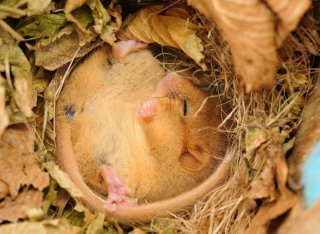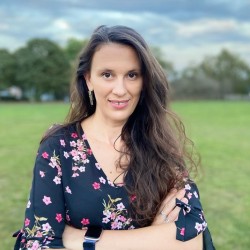
Dr Ana Andries
About
Biography
Dr. Ana Andries is a Lecturer in Sustainability Assessment at the University of Surrey, with over 10 years of experience in Geographical Information Systems (GIS), remote sensing, and Earth Observation (EO) technologies. Her expertise spans environmental impact assessment, environmental auditing, spatial analysis, and sustainable development. She has specialised knowledge in biodiversity conservation, soil health, carbon sequestration, and climate change adaptation and resilience, as well as in addressing socio-economic challenges such as poverty, inequality, education, and corruption.
Dr. Andries has a strong technical background in remote sensing techniques and spatial data analysis, complemented by expertise in qualitative research methods, particularly semi-structured interviews. Her academic qualifications include a BSc in Environmental Geography, an MSc in Sustainable Development, and an MSc in GIS and Remote Sensing. She earned her PhD in Environment and Sustainability from the University of Surrey, where she focused on utilising EO data to support Sustainable Development Goal (SDG) indicators.
At the Centre for Environment and Sustainability (CES), Dr. Andries teaches the Remote Sensing and GIS, Environmental Assessment, and Environment Auditing modules. She is also the co-investigator of the Space4Nature project, which integrates Very High-Resolution (VHR) satellite imagery with citizen science data for habitat mapping. She also leads the Conservation and Rural Enterprising project, which aims to establish a carbon sequestration baseline in Uganda’s tropical forests using Earth Observation (EO) technologies, while assessing the environmental impact of eco-lodges in the region.
Dr. Andries has worked on multiple projects exploring EO technologies for tackling environmental and socio-economic challenges, leading the Space4Sustainability initiative at the University of Surrey. For more about her research and projects, visit the Space4Sustainability initiative: https://www.surrey.ac.uk/institute-sustainability/research/space-4-sustainability.
Before her academic role, she gained industrial experience as a GIS Quality Control specialist at the Rural Payment Agency (RPA), under the UK Department for Environment, Food & Rural Affairs (DEFRA), working on EU-funded projects.
Areas of specialism
My qualifications
The purpose of the PhD "Contribution of Earth observation data to support SDG indicators: An analytical framework and related case studies" was to critically analyse the potential of Earth Observation (EO) to populate the UN’s 17 Sustainable Development Goals (SDGs) indicators.
News
ResearchResearch interests
Earth Observation
GIS
Remote sensing
Data analysis
Biodiversity
Carbon sequestration
Soil Health
Climate Change
Social deprivation
Corruption
Research projects
This three-year project will see the University of Surrey and the Surrey Wildlife Trust working in partnership with Buglife and the Painshill Park Trust. The team will enlist the help of the public to inform their work in the newly emerging field of Earth Observation – combining satellite technology and artificial intelligence – to monitor and improve wildlife habitats.
Examining Adaptation and Resilience Frameworks: Data quality’s role in supporting climate effortsThe policies, frameworks, and indicators for adaptation and resilience to climate change are evolving quickly. Previous studies have shown that there are effective strategies for building resilience, but there are gaps in our understanding of how to measure their effectiveness. More research is needed to address local needs and challenges and to develop effective methods for planning, monitoring, reporting, and verification. Interviews with stakeholders revealed concerns about the lack of local indicators, challenges in implementation, and the absence of a common approach for developing, monitoring, and evaluating plans. Respondents stressed the importance of using reliable methods and qualified personnel for data collection, and of developing a common approach for measuring adaptation and resilience, as well as local-specific strategies. Effective adaptation and resilience plans are essential for responding to climate change, but there are still challenges in the planning, implementation, and monitoring phases.
Research interests
Earth Observation
GIS
Remote sensing
Data analysis
Biodiversity
Carbon sequestration
Soil Health
Climate Change
Social deprivation
Corruption
Research projects
This three-year project will see the University of Surrey and the Surrey Wildlife Trust working in partnership with Buglife and the Painshill Park Trust. The team will enlist the help of the public to inform their work in the newly emerging field of Earth Observation – combining satellite technology and artificial intelligence – to monitor and improve wildlife habitats.
The policies, frameworks, and indicators for adaptation and resilience to climate change are evolving quickly. Previous studies have shown that there are effective strategies for building resilience, but there are gaps in our understanding of how to measure their effectiveness. More research is needed to address local needs and challenges and to develop effective methods for planning, monitoring, reporting, and verification. Interviews with stakeholders revealed concerns about the lack of local indicators, challenges in implementation, and the absence of a common approach for developing, monitoring, and evaluating plans. Respondents stressed the importance of using reliable methods and qualified personnel for data collection, and of developing a common approach for measuring adaptation and resilience, as well as local-specific strategies. Effective adaptation and resilience plans are essential for responding to climate change, but there are still challenges in the planning, implementation, and monitoring phases.
Sustainable development goals
My research interests are related to the following:

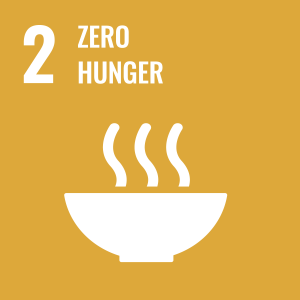

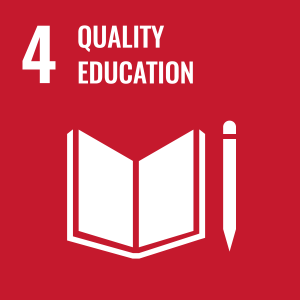
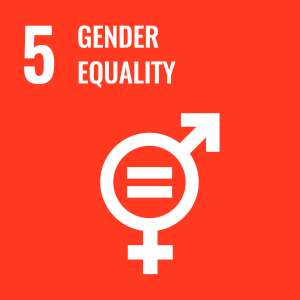
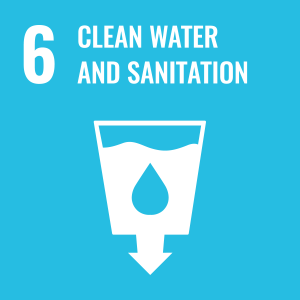
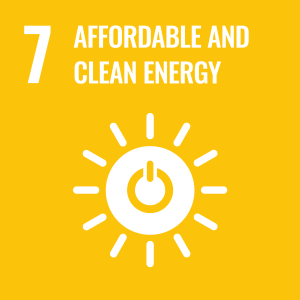






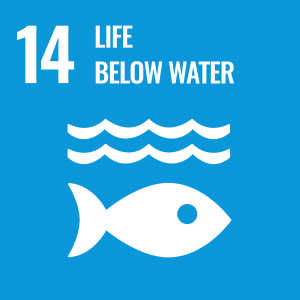
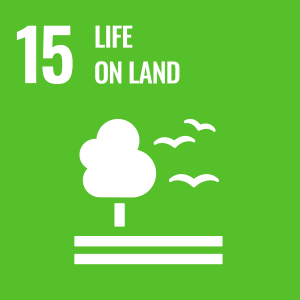
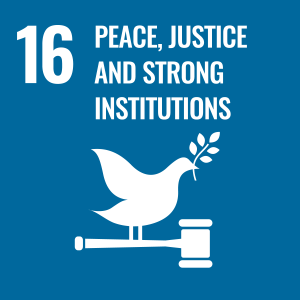
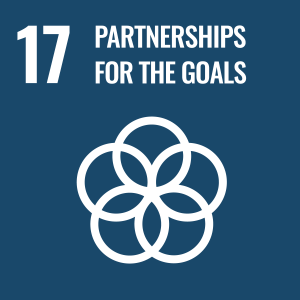
Publications
Highlights
- Andries, A.; Morse, S.; Murphy, R.J.; Lynch, J.; Woolliams, E.R., Examining Adaptation and Resilience Frameworks: Data Quality’s Role in Supporting Climate EffortsSustainability 2023, 15(18), 1364 DOI: 10.3390/su151813641
- Andries, A.; Morse, S.; Murphy, R.J.; Sadhukhan, J.; Martinez-Hernandez, E.; Amezcua-Allieri, M.A.; Aburto, J. Potential of Using Night-Time Light to Proxy Social Indicators for Sustainable Development. Remote Sens. 2023, 15, 1209, DOI: 10.3390/rs15051209
- Andries, A., et al. "Using data from earth observation to support sustainable development indicators: An analysis of the literature and challenges for the future." Sustainability 14.3 (2022): 1191 (eBook), DOI: 10.3390/books978-3-0365-4266-9
- Andries, A.; Morse, S.; Murphy, R.J.; Lynch, J.; Woolliams, E.R. Assessing Education from Space: Using Satellite Earth Observation to Quantify Overcrowding in Primary Schools in Rural Areas of Nigeria. Sustainability 2022, 14, 1408. DOI: 10.3390/su14031408
- Andries, A.; Morse, S.; Murphy, R.J.; Lynch, J.; Woolliams, E.R. Using Data from Earth Observation to Support Sustainable Development Indicators: An Analysis of the Literature and Challenges for the Future. Sustainability 2022, 14, 1191, DOI: 10.3390/su14031191
- Andries, A. (2022). Contribution of Earth observation data to support SDG indicators: An analytical framework and related case studies [University of Surrey]. https://doi.org/10.15126/thesis.900347
- Andries, A.; Morse, S.; Murphy, R.J.; Lynch, J.; Mota, B.; Woolliams, E.R. Can Current Earth Observation Technologies Provide Useful Information on Soil Organic Carbon Stocks for Environmental Land Management Policy? Sustainability 2021, 13, 12074. DOI: 10.3390/su132112074
- Andries, A.; Murphy, R.J.; Morse, S.; Lynch, J. Earth Observation for Monitoring, Reporting, and Verification within Environmental Land Management Policy. Sustainability 2021, 13, 9105. DOI: 10.3390/su13169105
- Andries, A.; Morse, S.; Murphy, R.J.; Lynch, J.; Woolliams, E.R. Seeing Sustainability from Space: Using Earth Observation Data to Populate the UN Sustainable Development Goal Indicators. Sustainability 2019, 11, 5062. DOI: 10.3390/su11185062
- Andries, A, Morse, S, Murphy, R, Lynch, J, Woolliams, E, Fonweban, J. Translation of Earth observation data into sustainable development indicators: An analytical framework. Sustainable Development. 2019; 27: 366– 376. https://doi.org/10.1002/sd.1908
- Andries, A, Morse, S, Murphy, R, Lynch, J, Woolliams, E, Fonweban, J. Translation of Earth observation data into sustainable development indicators, ISDRS24 Conference Messina Italy June2018, https://www.researchgate.net/publication/335929197_Translation_of_Remote_Sensing_data_into_Sustainable_Development_Indicators_ISDRS24_Conference_Messina_Italy_June_2018/citations



